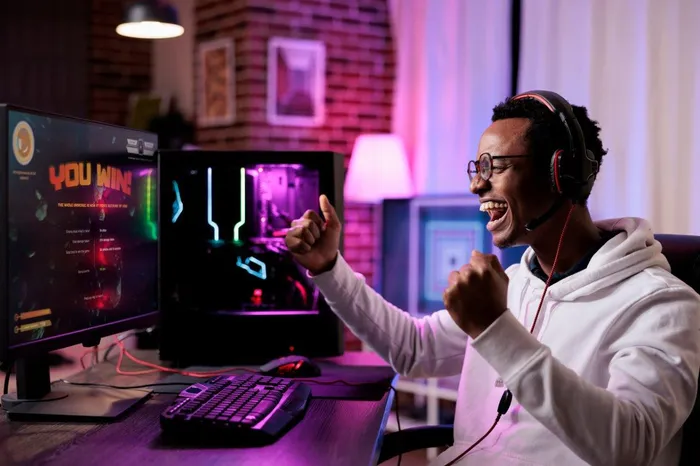More than a game: esports as a training ground for tomorrow’s leaders

Competitive gaming sessions are more than play, they’re building skills that schools and employers increasingly value.
Image: Supplied
Once dismissed as mere entertainment, gaming is increasingly being recognised as a powerful driver of real-world skills, from classrooms to corporate boardrooms. Education specialists, neuroscientists and industry players say competitive gaming is shaping the next generation of leaders, innovators and problem-solvers.
The impact goes far beyond fun, said Brad Kirby, MTN’s senior gaming Specialist.
“Millions of young people are unknowingly undergoing intensive mental training every time they play. They’re developing lightning-fast decision-making abilities, mastering complex strategic thinking and building teamwork skills that Fortune 500 companies spend thousands trying to teach their executives. The catch? They think they’re just having fun,” he said.
The skills sharpened in gaming environments, such as collaboration, resilience, and creative problem-solving,are exactly those that employers are increasingly demanding in a digital-first world. With the growth of esports, schools and universities are beginning to formalise this connection, integrating competitive gaming into education programmes.
Education tool: Some South African schools have begun testing gaming as an educational tool, showing that learners who appear disengaged in traditional classrooms often thrive in game-based environments. The immersive and interactive nature of esports helps students to build communication and leadership skills in ways that feel natural rather than forced.
“Esports gives students something they can own, something that motivates them. They gain digital literacy, teamwork and confidence while doing what they love,” Kirby explained.
Science of play: These benefits are not only anecdotal. Neuroscience research has repeatedly shown that gaming changes the brain in measurable ways. Dr Simone Kühn from the Max Planck Institute for Human Development found that regular gaming boosted brain regions linked to strategic planning, spatial awareness and motor skills.
“Two months of gaming showed measurable brain improvements: try getting those results from traditional training methods,” Kühn’s research noted.
Kirby added that gaming also teaches resilience in a way few other activities can. “Players lose constantly, learn from mistakes and immediately try again. This rapid cycle of failure and improvement builds resilience that serves people throughout their lives.”
Bridging worlds: The rise of esports is blurring the boundaries between play and professional growth. Local tournaments such as the MTN SHIFT Gaming Experience attract thousands of young players, many of whom aspire to become professional gamers. But even for those who don’t pursue gaming as a career, the exposure equips them with transferable skills.
Global companies are beginning to acknowledge this. Recruiters increasingly value applicants who can demonstrate strategic thinking, adaptability, and problem-solving skills learned in competitive gaming settings. “The workplace of the future doesn’t just need people who can pass exams, it needs agile thinkers who can collaborate under pressure. Gaming helps shape exactly that,” Kirby said.
Shaping tomorrow’s leaders: With esports now one of the fastest-growing industries worldwide, experts believe the skills forged behind controllers and keyboards will play an increasingly vital role in shaping tomorrow’s leaders.
“Gaming is no longer just about entertainment, it’s a training ground for the modern world,” Kirby said.